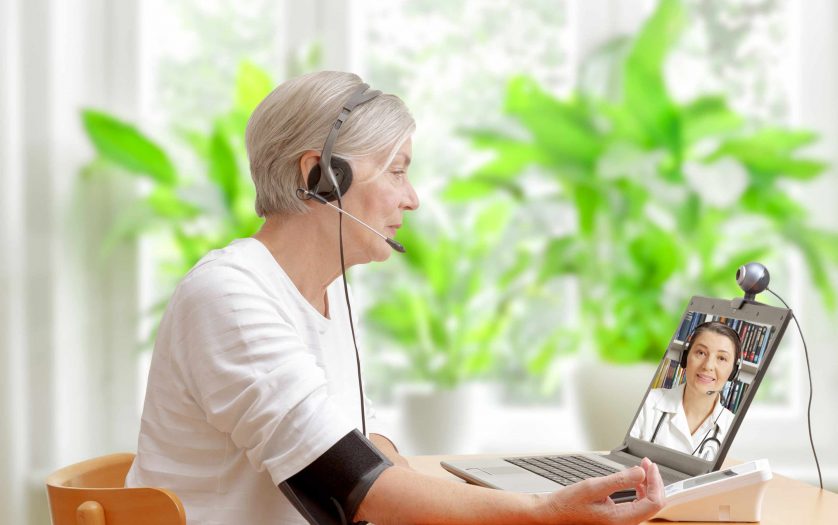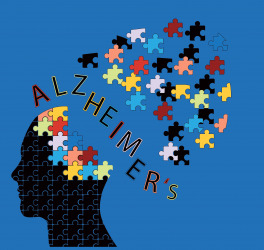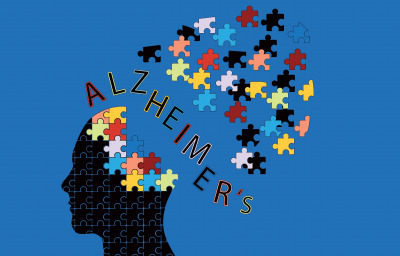
An online resource portal, co-designed by people living with stroke with researchers from HMRI and the University of Newcastle, is offering specialised support on the journey to recovery.
Professor Coralie English and stroke survivor partner Meredith Burke have launched i-REBOUND, a program developed in partnership with The Stroke Foundation to provide people who have had a stroke access to expert, purpose-designed resources – helping them to eat well and move more.
Professor English, a member of the HMRI Heart and Stroke Research Program said i-REBOUND was the first step in what she hoped would become usual care for people to live well after stroke.
“We want doctors and therapists to direct their patients to this resource and, with the right support and funding, we want to translate it into multiple languages and ensure that it is culturally appropriate for a wide range of people,” she said.
“Our ultimate goal is to offer individualised support to people recovering from stroke to encourage healthy living in a sustainable way.”
The program was co-designed by people with stroke, for people with stroke, with varying degrees of disability, including some who live with aphasia (language difficulty caused by stroke). The resource features recipes, videos of exercise routines and hints and tips featuring people with stroke.
Meredith Burke who co-chaired the Consumer Advisory Committee said every person deserved to lead a meaningful life after stroke, and that looked different for each person.
“Stroke doesn’t define us, but we do need a little bit more help along the way. The things we eat and the way we move our bodies form part of the launch-pad to that life,” Meredith said.
“I became involved in this project as there was a respectful relationship created with researchers and I before the research began. Exercise and nutrition are passions of mine, so the project was a good fit. Developing the research has been challenging and very rewarding. The best part was the shared power dynamic between researchers and consumers with genuine mutual respect,” Meredith said.
Professor English and her team, including PhD scholar Dina Pogrenbenoy, are seeking 50 people with stroke to help refine the site. Participants must live in Australia and be over the age of 18 years.
The final site will launch in November, following community consultation.








